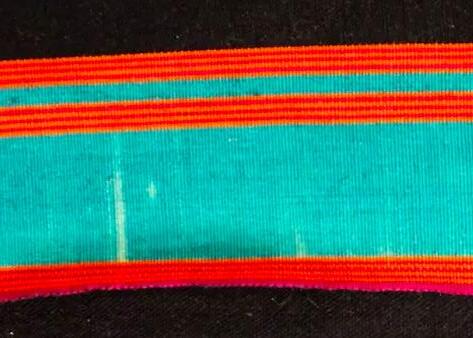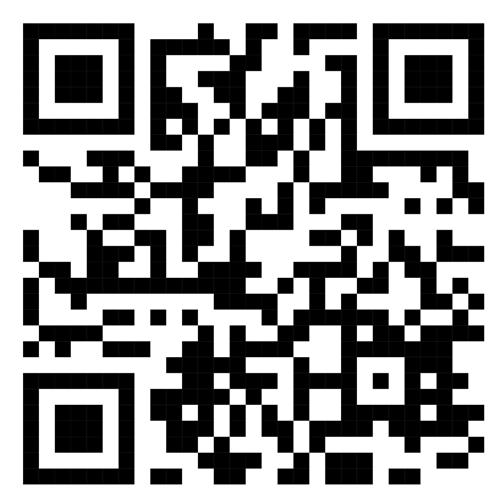Tatreez for Beginners
By Sama Al Najjar

WELCOME TO TATREEZ
How about you learn Tatreez to continue the Journey of the Palestinian women?
What is Tatreez?
Tatreez is an arabic word, representing an embroidery style that is uniquely Palestinian and is traditionally known as fallahi
Tatreez is a symbol of Palestinan Identity, the patterns change from city to city, and are a symbol of important events, such as weddings or pregnancies. The colors used would also symbolize different stages in life.
Ramallah Al - Khalil Future Brides Young girl Mature WomenTHE MAP OF PALESTINE

SYRIA
TATREEZ STITCH GUIDE
Step 1 - Finding the beginning point
AIDA CANVAS
Make a crease in the aida cloth (canvas) by folding it in half. Find the middle of the material by opening it, rotating it 90 degrees, then folding once again to make another crease. Use a pencil to draw a dot right in the middle.

Once you’ve marked the center of your canvas, do the same for your embroidery design. Count the stitches in the whole design and divide that number by two. The result is the midpoint for your design. This is where your embroidery adventure begins!
note: the centre of embroidery is not always the starting point
Step 2 - Prepare your needle and thread
Cut 70 to 80 cm of the thread, feed it into the needle, and tie a knot at the other end.
Step 3 - Beginning of the Tatreez INDIVIDUAL CROSS STITCH
Follow the instructions in the illustrations bellow to start the first cross stitch. then continue on as shown in the next steps.
A HORIZONTAL LINE OF CROSS STITCHES
A Vertical cross stitch line
A Diagonal cross stitch line
Each Stitch is done as an individual cross stitch
PALESTINIAN THOBES (DRESSES)




مار
Did you know!
Ramallah textile known as “Rumi” was woven by hand!
The Palestinian women used to do Tatreez on the white Rumi for summer and when the seasons changes they dye it to black and embroider on it.
It was known about the Palestinian women’s accuracy in counting the threads of the cloth so that the stitches are regular, and in counting the stitches they organize the geometric patterns and shapes which are embroidered perfectly onto the dress.
*Make sure to embroider horizontally
 Ramallah Motif
Ramallah Motif
JAFFAافاي
Did you know!
The city of Jaffa is located on the Mediterranean coast, northwest of Jerusalem. Since the ancient times, Jaffa is know for its citrus fruits whose green trees surround the city and its neighboring villages.
Jaffa district Tatreez is famous for its accuracy and elegance. The stitches are beautifully decorated and the patterns are elegant and expressive.
When looking at the embroidery patterns on the dress of this region, we notice that its decorative units were surrounded in most cases with patterns of the cypress tree, just as the cypress trees surrounded the orange groves.
Learn the how to embroider the Jaffa Cypress tree
Check out the QR code for the tutorial under the Aida
*Make sure to embroider horizontally
Jaffa Motif

HEBRONلـيلخـلا
Did you know!
Hebron is rich in its heritage and ancient in its traditions, its artisans worked for centuries in various craft industries, such as glass blowing, pottery, decorating leather, and the textile industry.
The cotton fabrics known as al-Qarawi, woven by hand with a loom, were woven in large quantities and dyed with indigo for the dresses of the villagers.
The villagers used to come from the surrounding areas to shop for these fabrics from the Friday Market in Hebron.
The Hebron district includes several villages that are famous for their dresses and embroidery, which are distinguished by their density and multiplicity of colors and patterns.
Learn the how to embroider the Basha’s Tent!
*Make sure to embroider horizontally
Check out the QR code for the tutorial under the Aida

ةزـــــغ
GAZA -
Did you know!
The land of Gaza was famous for its fertility, green pastures, and the abundance of herds of livestock that were used for the production of wool, which motivated its people to weave wool.
Among the most important cities of the Gaza Strip is Asdod al-Majdl and Gaza City itself. Asdod is a port on the coast and was known for its distinctive embroidery with large geometric units. Al-Majdl was a center for weaving and used to supply all Palestinian villages with fabrics until 1948.
The Gazan cloth, made of cotton and linen, had a distinctive canary or edge of striped colored silk.
The entire population of al-Majdal was evacuated in the 1948 war (Al -Nakba), and some of them became refugees in a camp in Gaza, where their weavers continue their weaving.

Learn the how to embroider the Cushion!
*Make sure to embroider horizontally
Check out the QR code for the tutorial under the Aida



DESIGN YOUR OWN THOBE!
DESIGN YOUR OWN THOBE!

Palestinian Thobes


Old Palestinian book of Motifs

This book is dedicated to all the hardworking Palestinian Women and is made for all of the future generations to keep this tradition alive.
